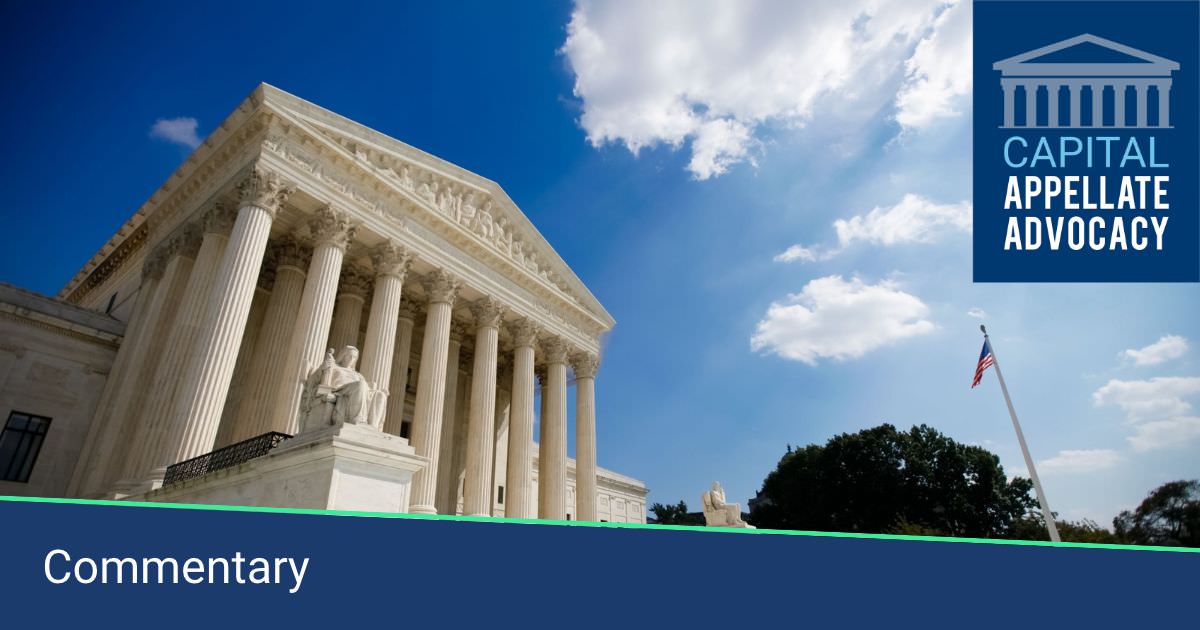Every first-year law student learns the taxonomy of federal preemption principles:
- Express preemption
- Implied Preemption
- Field Preemption
- Conflict Preemption
- Impossibility Preemption
- Obstacle (a/k/a purposes-and-objectives) Preemption
Although the Supreme Court’s Supremacy Clause cases frequently rely on this preemption lexicon, the Court long ago indicated that these categories are not “rigidly distinct.” English v. Gen. Elec. Co., 496 U.S. 72, 79 n.5 (1990). The Court’s April 19, 2016 opinion in Hughes v. Talen Energy Marketing LLC¸ No. 14-614. demonstrates this point.
Hughes holds that the Federal Power Act (FPA), which vests the Federal Energy Regulatory Commission (FERC) with exclusive regulatory authority over interstate wholesale sales of electricity, preempts Maryland regulations that “intrude on FERC’s authority over interstate wholesale rates,” thereby “contravening the FPA’s division of authority between state and federal regulators.” Slip op. at 12, 13. The Court’s opinion, written by Justice Ginsburg, does not clearly indicate whether this holding is based on express, field, and/or conflict preemption. Instead, the Court appears to rely on the overarching principle that “[p]ut simply, federal law preempts contrary state law.” Id. at 11.
In fact, in her concurring opinion, Justice Sotomayor explains that the Court’s “general exhortation not to rely on a talismanic pre-emption vocabulary applies with special force” to “collaborative programs” between federal and state regulatory agencies. Slip. op. at 2 (Sotomayor, J., concurring).
And Justice Thomas—who in prior cases has categorically opposed the Court’s entire body of obstacle preemption jurisprudence—indicated in a concurring opinion that the FPA “statutory text and framework compel [the Court’s] conclusion in Hughes. Slip op. at 1 (Thomas, J., concurring in part and concurring in the judgment). “Because the statute provides a sufficient basis for resolving’ the issue, Justice Thomas “would not also rest [the] holding on principles of implied pre-emption.” Ibid. Instead, “[t[o resolve these cases, it is enough to conclude that Maryland’s program invates FERC’s exclusive jurisdiction.” Id. at 2.
As an appellate attorney who has been involved in, and has studied, numerous federal preemption cases over the years, I can tell you that the Court has been relying more and more on statutory text for determining whether state law is preempted. This makes the task of drafting statutory text that has a preemptive effect all the more important and challenging.

